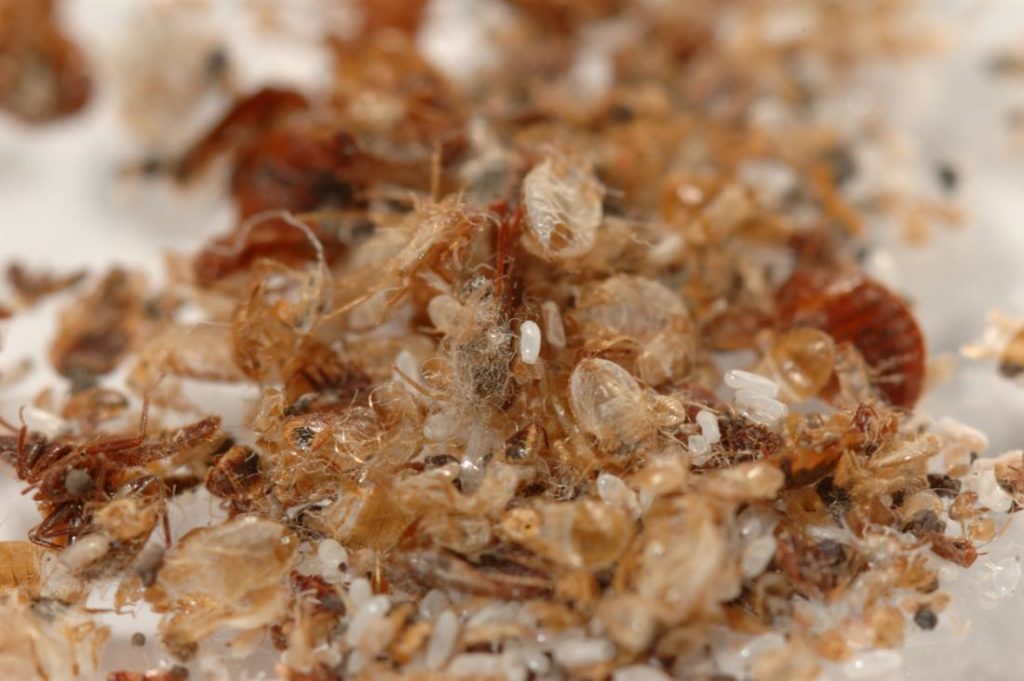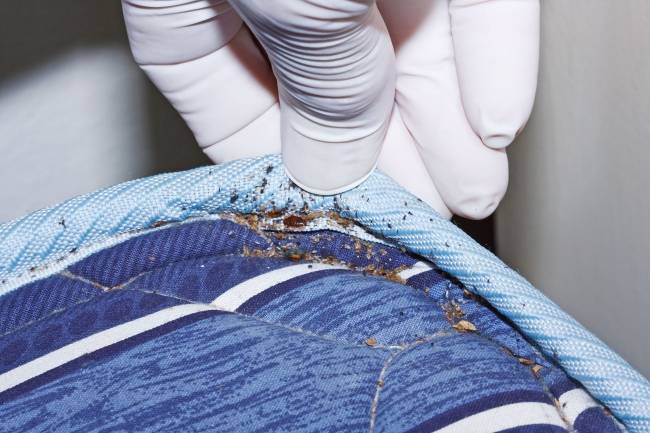Dealing with bed bugs can take a financial and psychological toll on you. These pests are just a nightmare to deal with. Thankfully, when you have got rid of them completely, there are some things you can do to make your life stress-free and bed bug-free. Here are our tips on how to start over after a bed bug infestation.
Bed bugs are a nightmare — starting over can be hard
- They are outright disgusting. Bed bugs leave bloodstains, carcasses, eggs, and feces on their nesting spots. And take note that they don’t just live in mattresses. They can live in many other parts of your home, including carpets, furniture pieces, piles of undisturbed clothes, and walls. Their filth can be all over your property. They can leave a musky smell on the areas where they thrive too.
- They spread fast. It’s very easy to get bed bugs from outside. You can get bed bugs in college dorms, offices, and even hotels that are supposed to be the pinnacles of cleanliness. Once they are inside your home, they can spread fast too, so they are not concentrated in a specific part of your property. This is one of the reasons why bed bug infestations are hard to eliminate.
- They are hard to kill. Bed bug infestations are hard to eliminate because of a variety of reasons. Bed bugs don’t just spread fast. They are also hard to kill because of how they hide in the tiniest of corners. Even pest control professionals require multiple treatment sessions to ensure that the treatment reaches all the bed bugs.

How to start over after a bed bug infestation
1. Follow post-bed bug treatment protocols
Because bed bugs are hard to kill, it’s best to hire pest control professionals to handle them. But this doesn’t mean that you have no part to play. There are some things you should do before, during, and after treatment sessions to ensure their effectiveness and safety.
Before you can completely start over from bed bugs, you should first make sure you are following post-bed bug treatment protocols. Coordinate with your pest control professionals. Usually, these are the things they will tell you to do:
- Don’t enter your home immediately after a bed bug treatment session. Bed bug treatments usually last 3-6 weeks with about 2-4 treatment sessions. During these sessions, you should not be in your home. You should return only after a few hours. Coordinate with your pest control professionals to know how many hours you have to wait. Once you arrive home, open doors and windows to air out the affected areas.
- If there are vulnerable people in your household, consult a doctor to know when it is safe to go back. Remember that pest control professionals use toxic chemicals to get rid of bed bugs. These may be harmful not just to bed bugs but also to humans, animals, and plants. If you live with someone who is sick, pregnant, or immunocompromised, consult your doctor first to know when it is safe to go back to your home.
- Wash everything that has been exposed to the bed bug treatment chemicals. Before treatment sessions, you should wrap everything you don’t want to get exposed to the chemicals, such as the hygiene items in your bathroom and the dining and cooking utensils in your kitchen. But for the things you have left exposed, like the clothes where bed bugs may be hiding, you should wash them immediately once you get home. If possible, use hot water and a high temperature setting in your dryer.
2. Don’t throw away your mattress after a bed bug infestation
Bed bugs are disgusting, so they can make your mattress just as filthy as them. But it’s possible to start over after a bed bug infestation without throwing away your mattress. If your mattress has been exposed to the bed bug treatment, you have nothing to worry about. But make sure to wash blankets, covers, pillowcases, and sheets before using them.
You can also subject your mattress to steam cleaning and vacuuming if you feel like it’s not clean enough. With the right cleaning methods, your mattress will still be usable. Mattresses can be very expensive too, giving you more reason to keep your old ones.

3. Declutter your home
Bed bugs can thrive in so many places around your home. They can thrive in big objects like furniture and small objects like stuffed toys. This is one of the reasons why pest control professionals tell you to not move objects around your home when you are preparing for treatment. You may only end up spreading the bed bugs further into your home instead of containing them in specific rooms.
Declutter your home to give fewer potential hiding and nesting spots for bed bugs. If you don’t need them, consider throwing them away. Make sure to throw them in a garbage can outside your home too, just in case they already have bed bugs in them.
4. Avoid bed bug reinfestations
For sure, you don’t want to deal with bed bugs again. There are some things you can do to make sure your home doesn’t experience bed bug reinfestations.
- Be careful of dorms, hotels, and offices. Bed bugs don’t just thrive in private homes. They can thrive on other kinds of properties too. Before settling in dorms, hotels, and offices, make sure to look for the signs of a bed bug infestation, such as live bed bugs, carcasses, and musky smells. If you see these signs, inform landlords, hotel staff, or HR.
- Inspect secondhand furniture before buying. You can get bed bugs from secondhand furniture. You should only buy secondhand furniture in legitimate stores with sanitation standards. And even if you do buy from these stores only, it’s not a bad idea to look for live bed bugs, carcasses, and stains on furniture pieces first before buying them.
- Bed bug-proof your luggage. You can also get bed bugs during your travels. Hotels are not the only places where you can get these pests. You can also get them from the seats of airplanes, buses, and rental cars. Bed bugs can easily latch onto your bags and the clothes inside them. It’s good practice to use sturdy bags with little to no cracks where bed bugs can hide. It’s also a good idea to wrap your clothes with a plastic bag, so they are not easily accessible to bed bug hitchhikers.
You can start over after a bed bug infestation
Bed bugs are a nightmare. They leave filth all over the place, spread fast, and resist bed bug control methods. But once they are gone, you can definitely lead a stress-free life without these pests. You can start over after a bed bug infestation by reusing your mattress, decluttering your home, and preventing the pests from coming back.
But before all those, you should first follow post-bed bug treatment protocols to ensure that the bed bugs are indeed gone and everyone in your home is safe from the possible health hazards associated with treatment chemicals.

